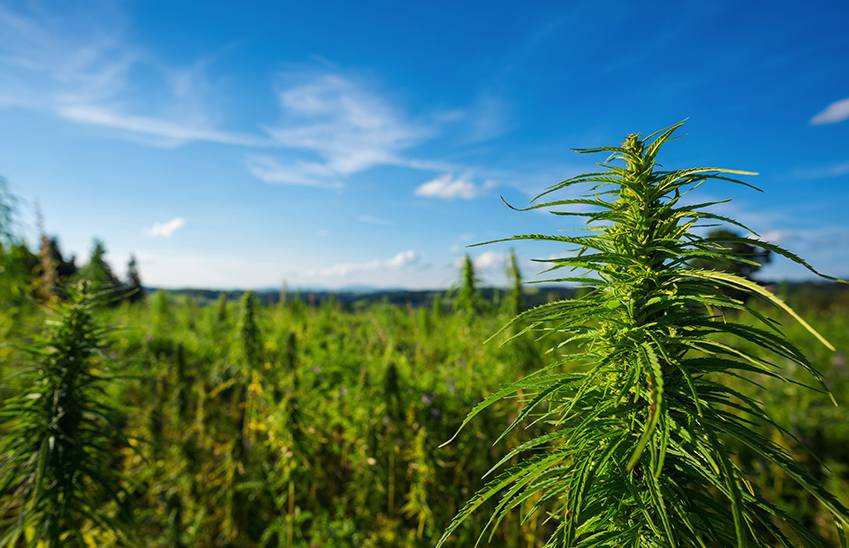On July 24 in Sacramento, the California Department of Food and Agriculture (CDFA) held its fourth meeting with cannabis farmers. The working group is developing a statewide “almost organic” cannabis certification standard, similar to the USDA organic label. Because cannabis remains a Schedule I narcotic under the federal Controlled Substances Act, it cannot be certified organic.
According to Cannabis Wire, the state government is trying to model its standard—called “OCal”—as closely as possible after those of the USDA. The hope is that when cannabis becomes federally legal, cultivators will easily be able to transition to receive federal organic certification.
OCal would create standards around levels of pesticides, heavy metals and toxins used by farmers. But the working group is also seeking to address the financial burden that organic certification typically imposes on farmers. Normally, farmers who want to be certified organic have to hire a USDA-accredited certifying agent, who will inspect their farm and growing techniques. Farmers have to pay fees anywhere between a few hundred to several thousand dollars.
CDFA is considering whether it would grant cannabis farmers exemption from similar fees if they pose a financial difficulty. Cannabis representatives stress that many small growers do grow their plants organically, but may not be able to afford getting certified due to low profit margins. CDFA is also determining whether and how OCal cannabis farmers would be required to track plant additives.
As always, the gulf between state and federal cannabis laws creates a headache for businesses—but also an opportunity. “The cannabis industry is almost as inundated with third-party seals and certifications as the ‘natural’ foods market,” said Katie O’Reilly of Sierra Club, a grassroots environmental group.
One of the more distinctive certifications is that offered by Sun+Earth, which launched in January. Sun+Earth is a cannabis nonprofit that aims to go “above and beyond” even USDA organic requirements in promoting environmental sustainability. This includes requiring farmers to “[build] soil quality through mulching, crop rotation, and reduced tillage” and “boosting soil fertility.”
Sun+Earth also requires cannabis farmers to treat their workers fairly, respecting their civil and human rights. And its “community engagement” requirement instructs farms to work among their local communities “with greater focus and intention.”
In April, California cannabis nonprofit Brother David’s launched to promote sustainable cannabis growers certified by Sun+Earth. Brother David’s was formed through a partnership between cannabis supply-chain firm Flow Kana and David Bronner, CEO of Dr. Bronner’s castile soaps.
Because sustainably-grown cannabis may cost more to produce and have a higher retail markup, many consumers may not buy it if there are cheaper options. Paradoxically, legalization of cannabis in many states may be encouraging companies to grow their plant using less sustainable practices to increase profit margins.
Amy Andrle, a cannabis grower, told USA Today, that growing her plants according to the widely used Clean Green Certification standards increases her costs by 25 percent. She has to pay for this difference herself because many retail consumers don’t yet recognize the benefits of more sustainable growing practices.
“Many of the consumers I’ve seen more knowledgeable on this issue are those who continue to get their cannabis from the illicit marketplace,” said Eric Schwartz, co-founder of Farm Bug Co-Op in Massachusetts, told Filter. “And the farmers who are most concerned about the consumer, and have the most advanced sustainability cultivation techniques, are those involved in the illicit market.”
Schwartz doesn’t dismiss the possibility of legal growers improving their practices, or of consumers changing their preferences. It is simply an area where both sides will need more education from those passionate about sustainability and organic growing.
California aims to develop its first draft of proposed “almost organic” regulations by the end of 2019 or early 2020.
Photo of a California cannabis farm via Shutterstock.




